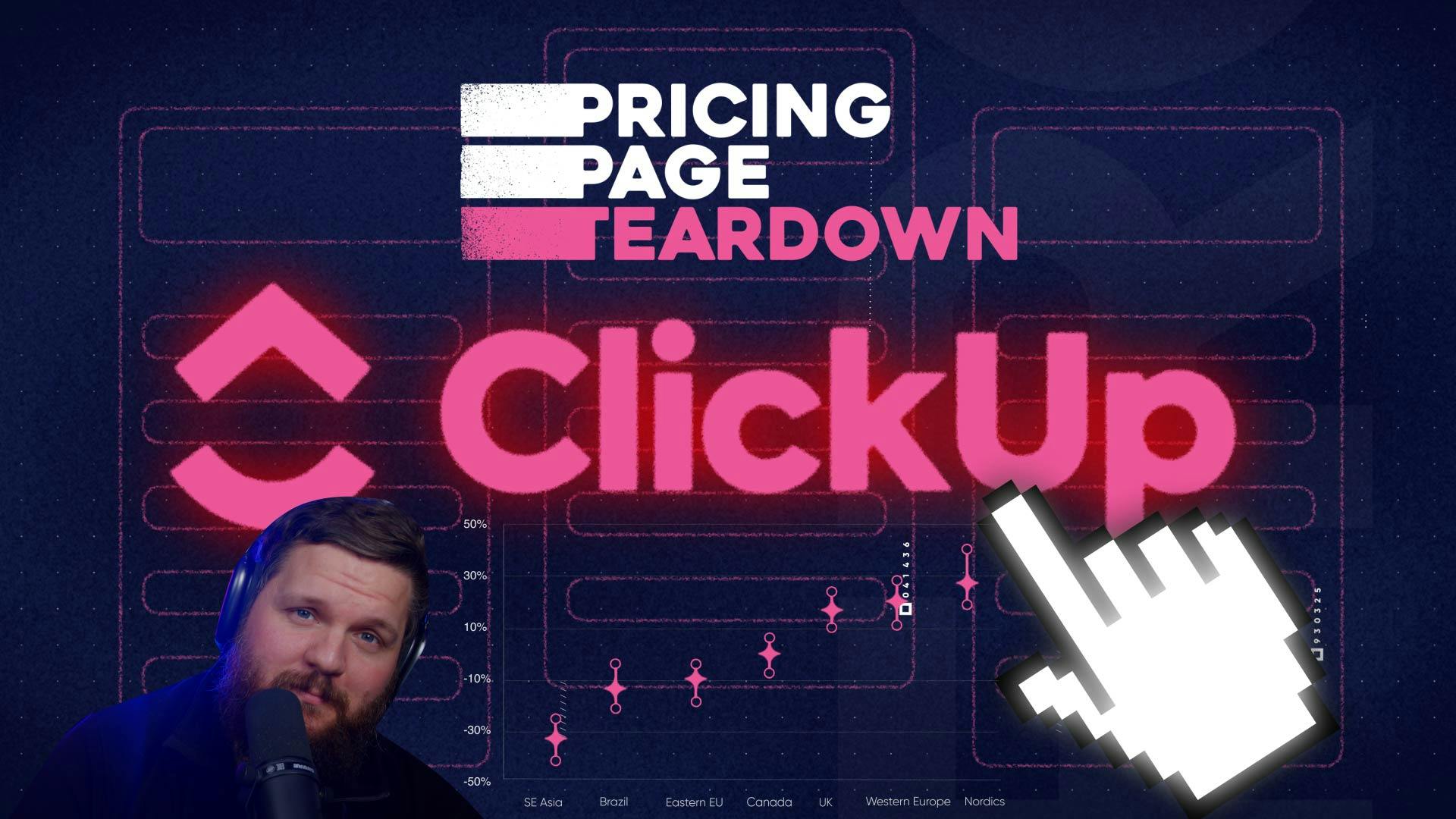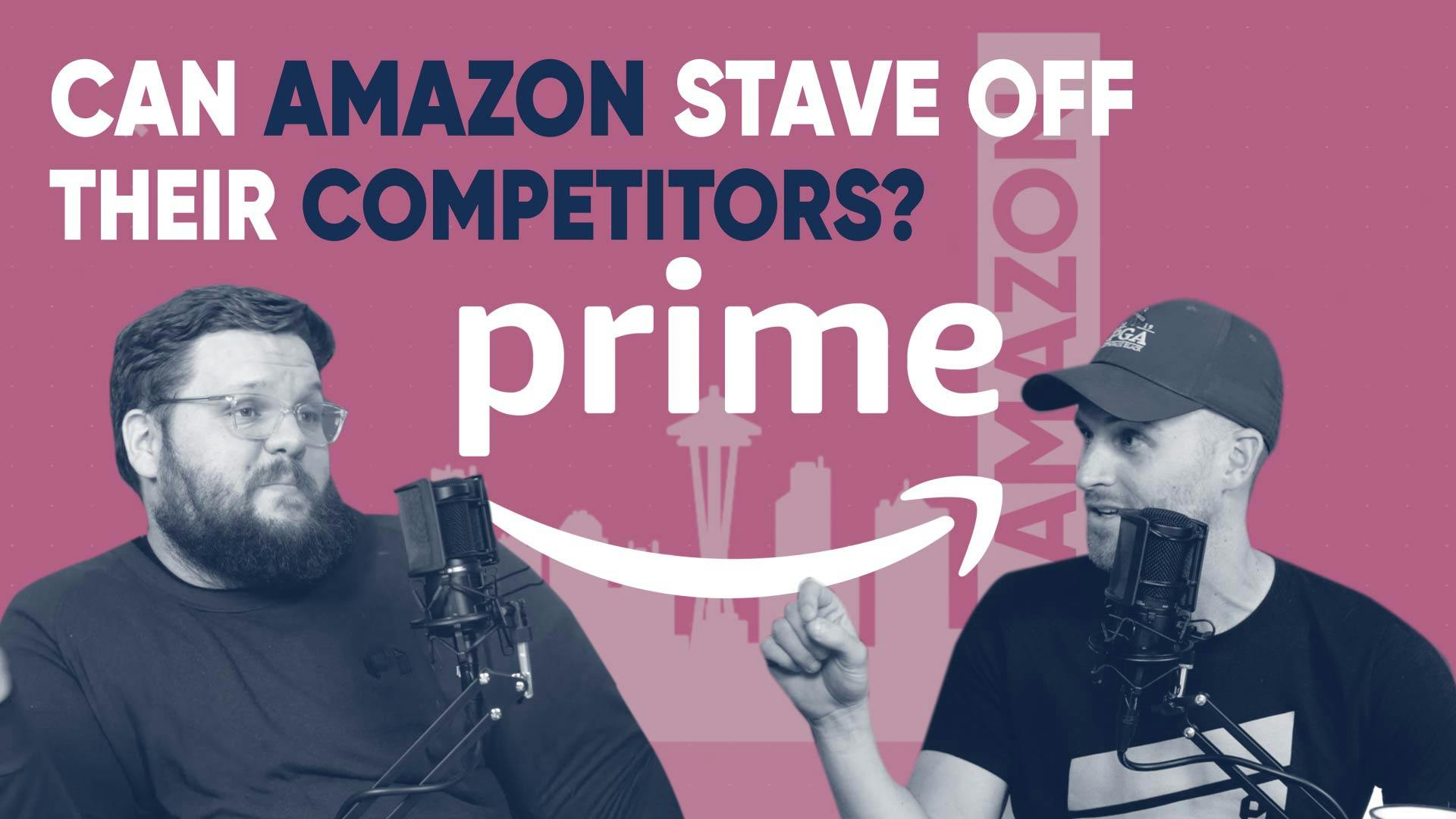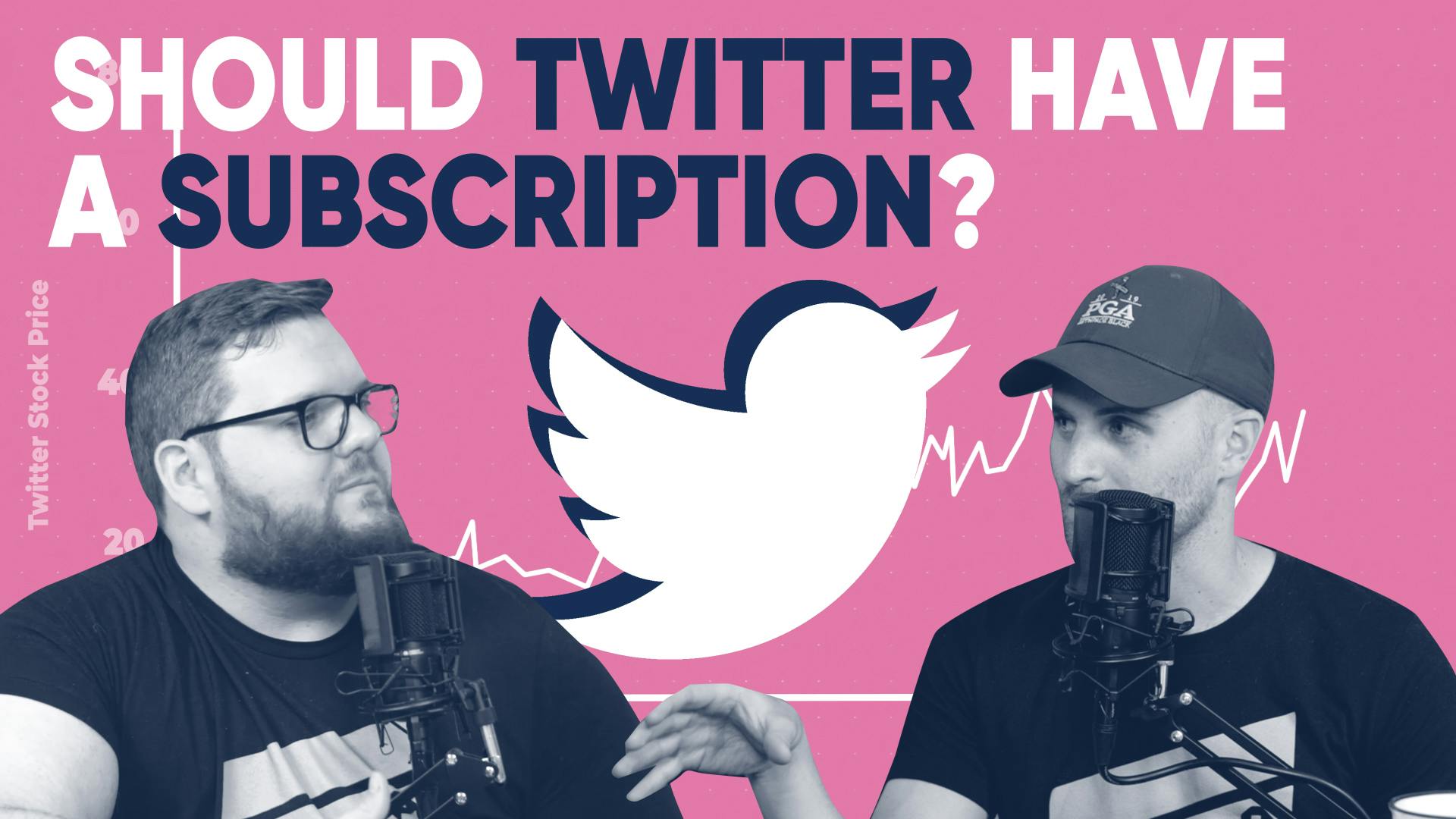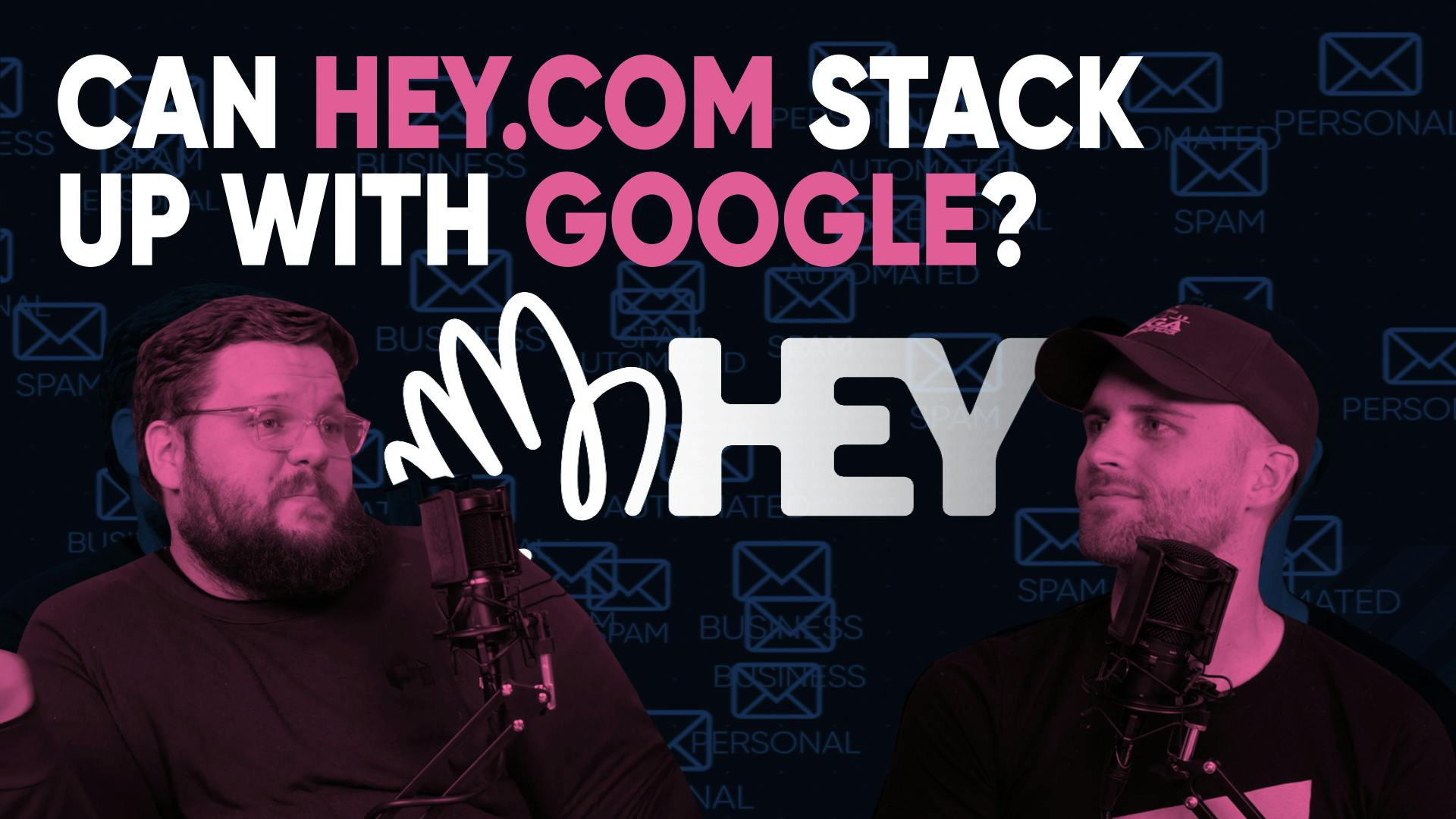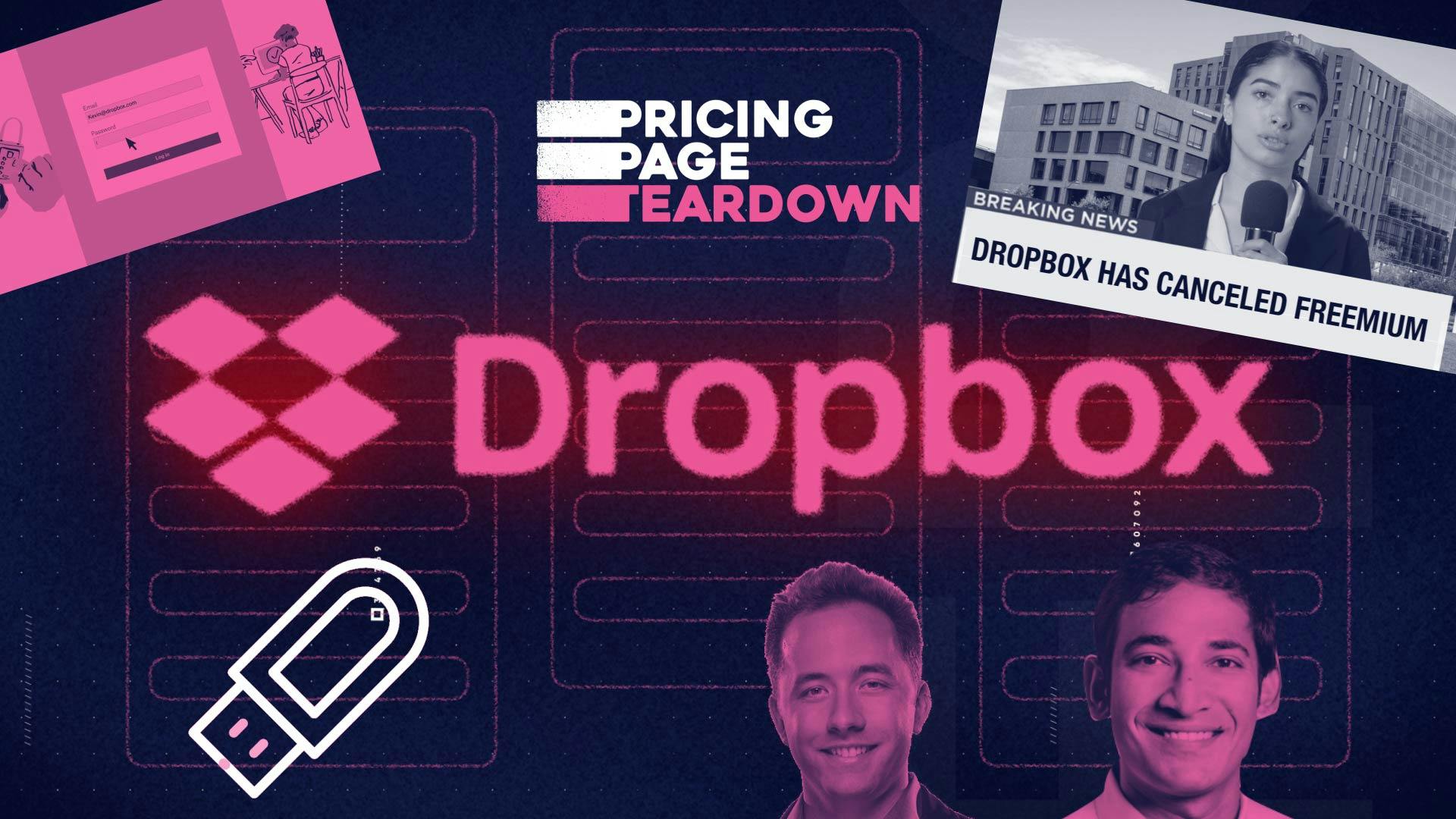
Is Dialpad Phoning in their Pricing?
Overview of Dialpad
Dialpad is an AI-powered communication tool that offers a comprehensive platform for managing calls, contact centers, voicemails, and more. Founded in 2011 by Craig Walker, Brian Peterson, and John Richter, Dialpad has emerged as a leading solution in the communication space, providing businesses with a suite of products to enhance their productivity and efficiency.
But first, if you like this kind of content, subscribe to get in the know when we release new episodes.
Background of Dialpad
Initially focused on contact center solutions, Dialpad quickly expanded its product offerings to include AI meetings and sales outreach. With the integration of voice, video, and messaging capabilities, Dialpad has positioned itself as a versatile work-from-anywhere solution. The company's experience and expertise, rooted in the founders' previous work at Google and Google Voice, have been instrumental in its success.
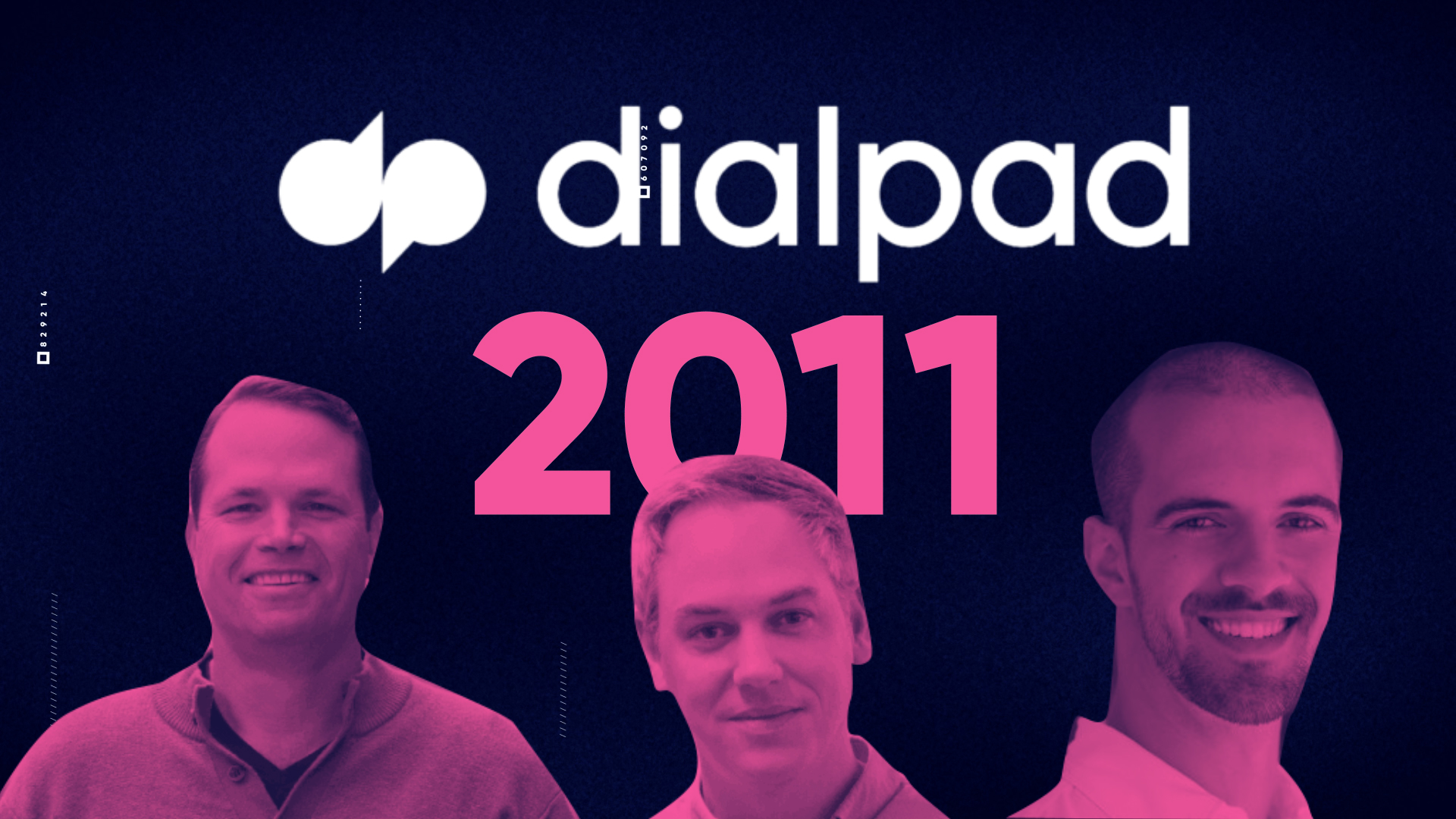
Takeaways
A.I.
One notable aspect of Dialpad's positioning is its emphasis on AI throughout its product suite. From AI-powered customer intelligence to AI meetings and AI voice, Dialpad leverages artificial intelligence to transform the way businesses work. This strategic use of AI aligns with industry trends and has been shown to increase customers' willingness to pay by 15-20%.
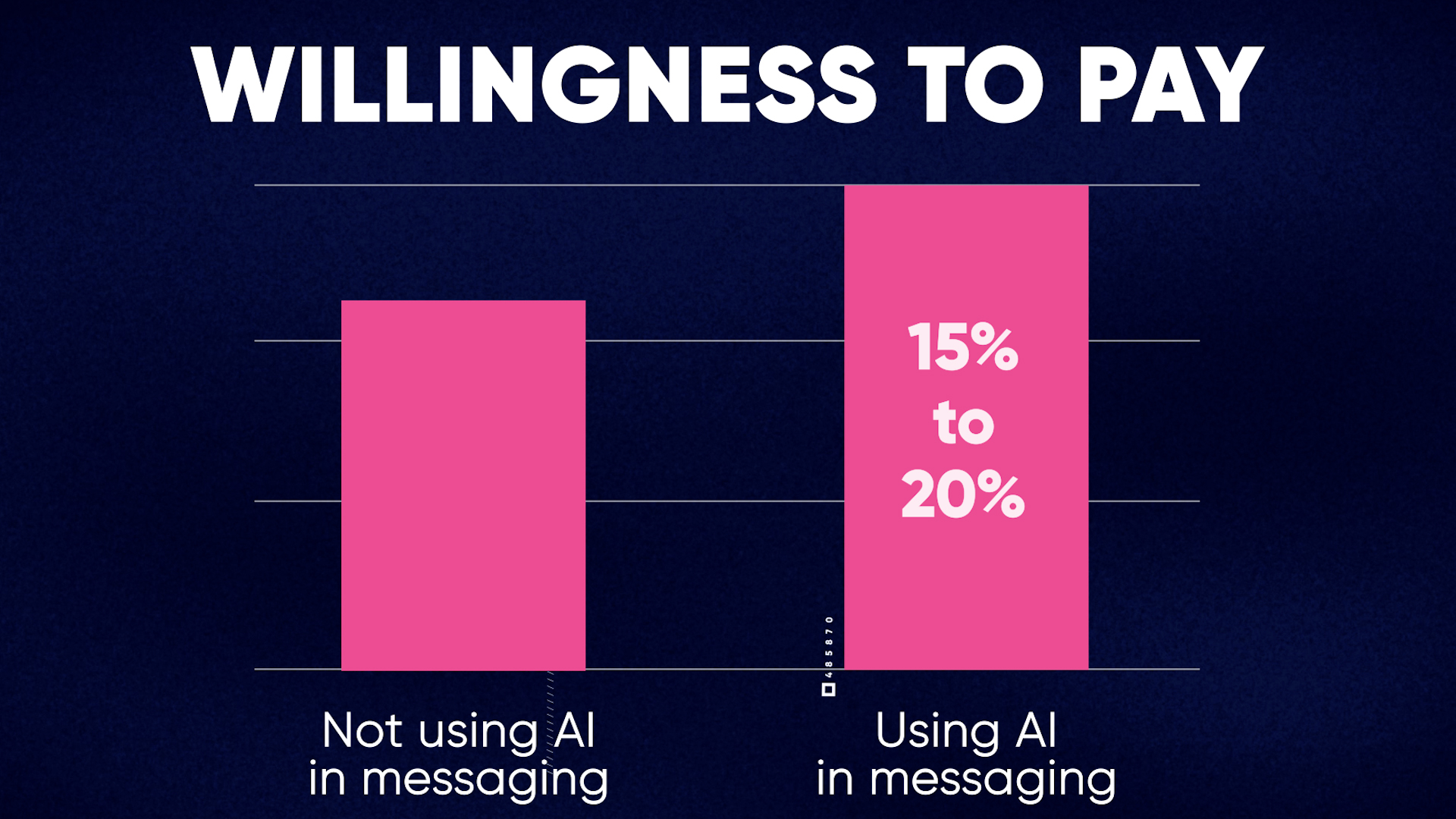
Positioning
Dialpad's packaging and positioning present a challenge. While their core product originated as a contact center solution, the expansion into meetings and sales outreach has created some confusion regarding their primary offering. To address this, Dialpad should consider focusing on their core functionality and clearly communicate additional features as value-adds.
Add-Ons
Dialpad demonstrates a strong approach to add-ons, a commonly underutilized aspect of pricing strategies. By offering international or toll-free numbers, local numbers, and other relevant add-ons, Dialpad taps into additional revenue streams while providing customers with tailored options. Add-ons have the potential to significantly increase customer lifetime value and improve retention rates.
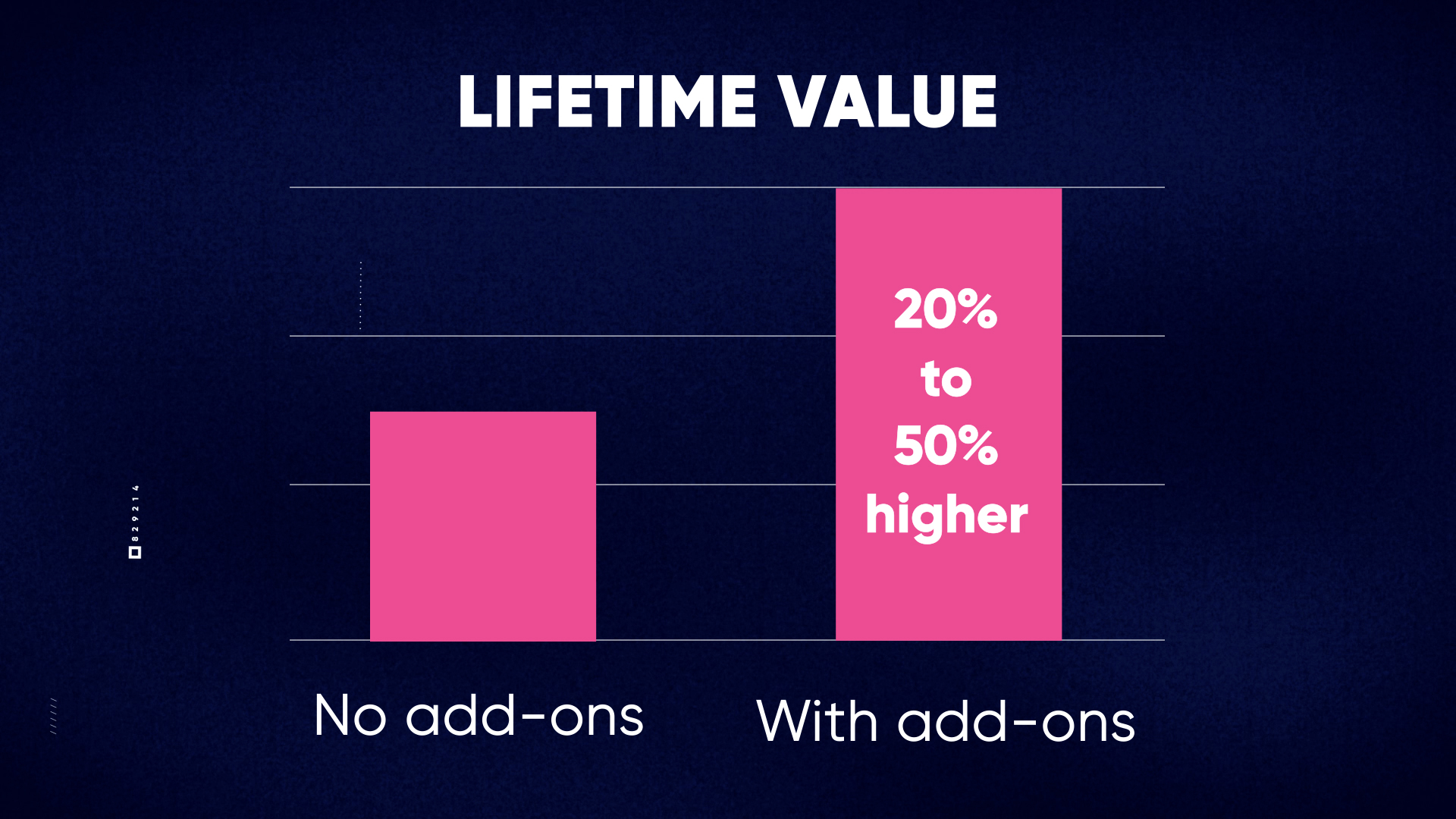
Internationalization
Dialpad has made strides in price localization by allowing users to choose their preferred currency. However, taking it a step further by automatically localizing prices based on IP addresses can further enhance the user experience. Demand-based localization, considering regional willingness to pay, can optimize pricing and drive customer engagement.

Recap
Dialpad's pricing strategy has several strengths and areas for improvement. Leveraging AI in their value proposition is a wise move, backed by evidence that customers are willing to pay more for AI-driven solutions. Clearer positioning, with a focus on the core product and value-adds, can reduce customer confusion and enhance the user journey. Add-ons and localization present opportunities to drive revenue and cater to diverse customer needs.
By refining their pricing strategy in these areas, Dialpad can continue to solidify its position in the competitive communication market and provide businesses with the tools they need to thrive in today's digital landscape.
Want help with your pricing?
Price Intelligently by Paddle is revolutionizing how SaaS and subscription companies price and package their products. Founded in 2012, we believe in value-based pricing rooted in first-party research to inform your monetization strategies. We combine expertise and data to solve your unique pricing challenges and catapult growth.
Head over to our website to learn more.
If you like this kind of content, subscribe to get in the know when we release new episodes.
00:00:00:00 - 00:00:05:09
PC
It looks like someone took the word AI and just vomited all over their pitch.
00:00:05:11 - 00:00:17:14
Steve
Welcome to pricing page tearDown where paddles. Chief Strategy Officer Patrick Campbell breaks down what companies are doing well and not so well when it comes to their pricing strategy. Patrick, take it away.
00:00:18:18 - 00:00:41:04
PC
This week we're talking about dial pad, the AI powered communication tool that helps manage calls, contact centers, text voicemails and everything in between on a single platform. Fun fact, since the Sacramento Kings signed a sponsorship deal with dial Pad, they've completely turned the franchise around. Is it correlation? Is it causation? We'll never know. But they are making some crucial errors with their overall pricing strategy.
00:00:41:08 - 00:00:49:06
PC
And these errors are probably ones that you're making too. But before we get into those, we can all learn. Steve, tell us a little bit more about dial pad.
00:00:51:20 - 00:01:16:15
Steve
Dial Pad was founded in 2011 by Craig Walker, Brian Peterson and John Richter. All three founders have previously worked together at Google and Google Voice, a project that Walker had initially started through a company he co-founded, Grand Central, which was acquired by Google in 2007. They decided to use this project to their advantage by creating dial pad. Dial Pads Product suite includes business communications, A.I. meetings, and a contact center in an air sales center.
00:01:16:16 - 00:01:37:08
Steve
The system was propelled during COVID by integrating voice, video messaging and meetings across all devices, offering a work from anywhere solution for modern businesses. Now, with an introduction to the A.I. landscape, dial has a unique position to take advantage of the Wild West. That is the communication space. But how does their pricing stack up? Find out more next.
00:01:37:13 - 00:01:59:01
PC
What I like about dial pad is they're kind of at the exact center of all of these funky things happened in the past couple of years, ie the pandemic remote work. They started off with, I believe, as the contact center world, and then they've kind of expanded because the products and functionality of adding like video to a contact center software and then doing like a full zoom type product, they're not that far apart.
00:01:59:01 - 00:02:18:15
PC
And so they kind of created this suite. But the first big point that I have is not only on their overall landing pages, but also on their plans and pricing is that everything is A.I.. So basically their value prop when you go to their home page is A.I. that works for you. It's stuff about customer sales and your team all in one A.I. powered app.
00:02:18:20 - 00:02:40:03
PC
Okay, let's scroll down to the AI powered Customer Intelligence platform, A.I. Contact Center, A.I. Sales, A.I. Voice A.I. Meetings. Dial Pad A.I. completely changes how you work. When I go up to the particular product section. Airpower, Customer Engagement, I see SAT A.I. Messages, A.I. meetings, A.I. Voice Dial pad, AI powered cosmetologist, LED air powered workspace. There's a lot of A.I. here.
00:02:40:04 - 00:02:58:17
PC
Now, this isn't necessarily a bad thing. This doesn't look like the makings of someone trying to raise their series A deck on all the hype at all. This is something that's actually a revolution amongst a very fragmented customer base where these types of words or this type of context of this type of position actually moves the needle. Let me show you some actual data.
00:02:58:22 - 00:03:19:15
PC
Using A.I. in your messaging actually increases willingness to pay about 15 to 20%, which is not nothing. Now you have to have the product to back that up or else people aren't going to care. This is something that I would think about a little bit. I think like dial pad, clearly has the retention and the engagement mechanisms to actually back everything up when it comes to their AI, or at least I would imagine.
00:03:19:22 - 00:03:35:03
PC
But it is one of those things that putting at the forefront of your actual website is very good, not only because it's hot right now, but in addition to that it actually does move the needle. So it's a good move. From my taste perspective, it's a bit much, but I don't see their data. I don't know their customer as well as they do.
00:03:35:14 - 00:03:53:01
PC
The second big thing here is when we actually get into their pricing page, you start to see some kind of fractures in what I would call a bit of a packaging and positioning identity crisis, which are very, very big words. And what I basically mean by that is I believe and correct me if I'm wrong in the comments here, but they started off as kind of like a contact center.
00:03:53:01 - 00:04:08:06
PC
So if you were going to have a bunch of people come in to support, you wanted to be able to manage that. You had a contact center, but then all of a sudden they've expanded to meetings because, as I said before, creating a Zoom based off the technology that you've already created is not necessarily that complicated when it comes to business communications here.
00:04:08:16 - 00:04:25:09
PC
And then there's also sales outreach. There's a bunch of stuff that we can do with anything involving communication. The issue is it's like how this is positioned. It's really hard to see where I come in as a customer when I go to the home page, let alone when I go to the plans and pricing page. When I look at this, I don't remember what the default was.
00:04:25:09 - 00:04:41:20
PC
But if I go business communications and I click over to Contact Center, all of a sudden I got to call somebody. It's a really, really hard problem. And some of their competitors like Zoom, the way that they kind of handle it, they not only call it the platform, but they know all of their customers are coming to them for the particular like I think they call it Zoom one.
00:04:41:20 - 00:04:59:03
PC
Now, the core product. And then they learn, oh, by the way, we have this, this and this. And so I think something that dial pad needs to do is like really think of 80% of their traffic right now. Why are they coming to dial PACOM? I believe it's for the contact center and then saying, hey, by the way, we also do this, this and this.
00:04:59:10 - 00:05:18:13
PC
Right now, when I come to this particular landing page, I'm like, they're all equal. And if I'm thinking about the contact center and I'm having to hunt that down, it just gets super confusing. Now, I bet they're doing a lot of outbound sales, so maybe like their funnel on their actual website doesn't matter as much. But this packaging and positioning woes, you have to have a bit of a framework last up.
00:05:18:13 - 00:05:37:19
PC
One thing they're doing really, really well is their add on kind of strategy. Add ons are one of the most underutilized aspects of all subscription and SAS pricing, mainly because you don't have a full featured product, but you have this like very meaty, typically very, very profit laden product, high margin type product that you pull out. You don't just bundle it.
00:05:38:00 - 00:05:56:20
PC
And then when you pull it out, you're able to sell it across your customer base to those who want it rather than including it in the plan or only so many people really want it. And that's the true test of an add on If engagement or usage is less than 40% of the folks in the tier or across the entire customer base, that's probably a good candidate to pull out and basically make into a paid out.
00:05:56:20 - 00:06:14:13
PC
On a couple of fun facts. The customers who have add ons typically have 20 to 50% higher lifetime value. That's not only because they're paying you more, but historically they also retain and their term rates are much, much lower and much, much better rates. In addition to that, the best companies in terms of growth from a pricing strategy perspective, they have over ten add ons.
00:06:14:18 - 00:06:32:14
PC
A customer will never see more than maybe two or three in their entire lifecycle. But what I like about what I'm seeing is that dial pad is putting the add ons right on their particular pricing page. Now these are the obvious add ons, international or toll free numbers, local numbers, room license fees. This makes super, super sense from a communication product.
00:06:32:23 - 00:06:53:06
PC
But what I would hope is, is that on the back end, especially when I'm talking to a salesperson, depending on my needs, I also was offered something like priority support. Priority support is something every single person watching this can do. One last point that I think they do well, but could do even better. Is there price localization right now you have the option to kind of choose which currency you want to look at.
00:06:53:06 - 00:07:10:19
PC
You're seeing this on the left here, the pound sterling, the New Zealand dollar, the Australian dollar. I think that one, this is at least like one step I'd like them to do, just do it automatically based on the IP address of me coming in. But they're also kind of normalizing the price point, which is fine. All of these different countries have different willingness to pay.
00:07:10:20 - 00:07:33:05
PC
The Nordics typically willing to pay about 30%, 40% more than those in the US, Southeast Asia, 40 or 50% less than those folks in the U.S. This is across about a million and a half different data points. And so it's one of those things you want to kind of take advantage of that, especially with a product like dial pad, where probably most of the deals that they're closing, at least on their traditional products and maybe not their business communication products are being closed on the phone with the salesperson.
00:07:34:19 - 00:07:50:13
PC
Let's recap. I it's hot right now, but it also works in your value proposition. So use it. Use it wisely. Maybe use it a little bit less than naming everything. I'm not throwing shade the dial pad. They might have found that this was the right strategy, but it is a lot for, you know, someone who's into tech. So maybe their customers just aren't in tech as much.
00:07:50:13 - 00:08:07:04
PC
Second, packaging the positioning woes. When you're expanding beyond that core product or core functionality, the way you position things is super important. Hub and spoke or something that's a little bit more of, Here's why you're coming, but here's all this other stuff that we have, depending on how you want to structure it, add on super, super powerful dial pad showing those add ons.
00:08:07:04 - 00:08:23:18
PC
I hope they have more on the back end when I talk to a salesperson. And then finally, Localization Dial has done a really, really good job here. Make sure you're not only cosmetically localizing but also doing true demand based localization as well. That's one thing. Dialpad could basically step up and do a little bit more of in order to kind of keep those games going.
00:08:23:18 - 00:08:35:20
PC
That's it for this episode of pricing be checked out if your dial pad, a competitor or anyone else wanting some help with your pricing strategy, hit me up at Apple.com for everyone else. Make sure you sign up and subscribe.

